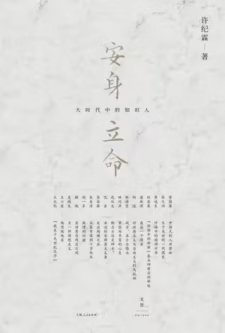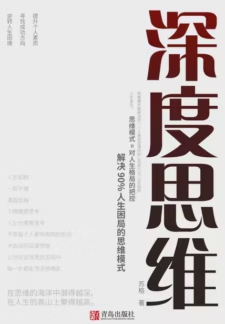内容
In French, ‘il,’ the third person masculine singular pronoun, can also have no gender at all: il pleut means ‘it’s raining.’ In Dominique Fourcade’s IL, ‘il’ means ‘it’–but not exactly. Genderless, ‘it’ is the man-woman, the woman man–and the place where we are each other. Rather than exploit difference, Fourcade allows the sonority of the word to generate the curious masculine-feminine dialogue we all hear within us, if listening. Full of rich permutations, the resulting poems reveal an enormous resonance within this simple word as well as a zone of peace.
作者
In French, ‘il,’ the third person masculine singular pronoun, can also have no gender at all: il pleut means ‘it’s raining.’ In Dominique Fourcade’s IL, ‘il’ means ‘it’–but not exactly. Genderless, ‘it’ is the man-woman, the woman man–and the place where we are each other. Rather than exploit difference, Fourcade allows the sonority of the word to generate the curious masculine-feminine dialogue we all hear within us, if listening. Full of rich permutations, the resulting poems reveal an enormous resonance within this simple word as well as a zone of peace.
目录
Contents……Page 6
Illustrations……Page 8
Preface……Page 10
1 Fascination……Page 14
2 Plato, Augustine and Mrs Astell……Page 38
3 Kings and Concubines……Page 62
4 Something Handsome and Cheap……Page 84
5 Getting Married……Page 116
6 Grandes Horizontales……Page 140
7 The Tallest Wins……Page 164
8 Movies……Page 190
9 The Swinging Sixties……Page 220
10 A Gift from the Genes……Page 248
Notes……Page 262
Note on Sources……Page 288
B……Page 296
C……Page 297
D……Page 298
G……Page 299
K……Page 300
M……Page 301
P……Page 302
S……Page 303
T……Page 304
Z……Page 305






